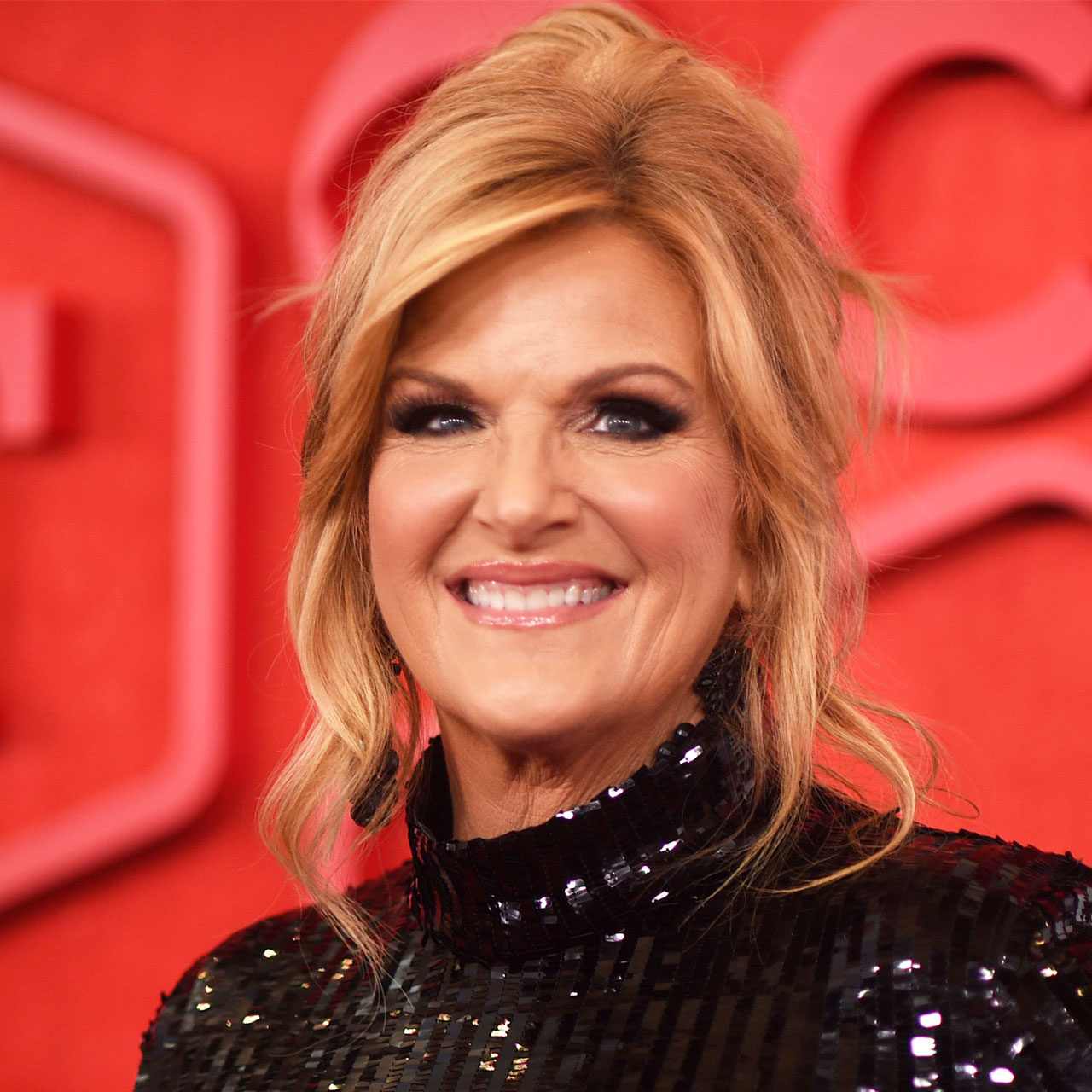Many of us are under the misguided impression that eating less can lead to weight loss. The truth is, as experts tell us, any weight lost as the result of an ultra-restrictive diet is not only likely to come back, but also extremely unhealthy and inconsistent for your metabolism. With that said, we checked in with dietitians, nutritionists and other health experts to learn more about one imperative mistake to avoid when dieting (being restrictive and depriving yourself of essential nutrients) and insight into how to lose weight healthily.
Read on for tips and suggestions from Dana Ellis Hunnes, PhD, MPH, RD, senior clinical dietitian at UCLA medical center and assistant professor at UCLA Fielding school of public health, Lisa Richards, registered nutritionist and creator of The Candida Diet, and Trista Best, MPH, LD, RD, registered dietitian at Balance One Supplements.


The Dangers Of Restrictive Dieting & Your Metabolism
While being aware of your portion sizes and analyzing your daily meals can definitely help you create a weight loss plan, Hunnes advises not stressing over it, or thinking that eating less food is automatically the way to go. Instead, she stresses that prioritizing eating more nutrient and vitamin-rich foods and less junk food— while also making time for exercise— is vital. "I don’t believe in deprivation," Hunnes says, "Walking around hungry is not fun and is a setup for failure." She notes that "making wholesale dietary changes for lifestyle, health and wellness" is key.

"A standard American diet (SAD), is high in salt, fat, calories, and processed foods," she explains, so "switching to a whole-food, plant-based diet gives you an abundance of healthy nutrients, lower calories, and more water (anti-inflammatory foods), and is low in salt and higher in potassium." For smoother digestion, more energy and a swifter metabolism, Hunnes recommends eating "whole grains, nuts, seeds, legumes, fruits and vegetables." This switch, she continues, can result in "several pounds of water weight loss off the bat and is healthy and a lifestyle change that is sustainable for weight loss and maintenance where you’re not waking around hungry."

Richards agrees, and says that sustainable weight loss methods will typically result in a 1 to 2 pound loss per week. "This may not sound like much initially, but overtime, even just 21 days, this adds up," Richards says. She notes that it is important to focus on "sustainable weight loss methods because extreme methods that may be effective initially will ultimately result in rebound weight gain." Some of the best approaches to weight loss "do not require significant calorie restriction, long exercise periods, or cutting out major food groups or macronutrients," she stresses.

How Intuitive Eating Can Promote Healthy Weight Loss
Intuitive eating is one approach that Richards says "allows the dieter to get in touch with their true hunger and fullness." This method results in weight loss, she adds, by causing the individual to "eat when they are truly hungry and stop when they are full." This, she continues, results in sustainable weight loss as they "begin to trust and understand their own body's needs."

Best concurs, and says that mindful eating (also known as intuitive eating), may be a "necessary practice to integrate into your eating habits" as your stalled weight loss could be a result of "eating when you're not physically hungry, eating past your hunger, or any of the other principles that mindful (intuitive) eating shares." She explains that mental health approaches to weight loss are "almost, and in some cases more important for obesity treatment and prevention than traditional medical treatment."

Speaking to a mental health provider on the topic of food, weight and metabolism, she suggests, can be the best first step to obesity treatment. Many people, regardless of weight loss needs, have "disordered eating habits and negative relationships with food without even realizing," Best says. A counselor, working with a dietitian, can "help these individuals overcome these disordered eating habits and improve their relationship with food to help them find a proper motivation for weight loss and health," she concludes.


























